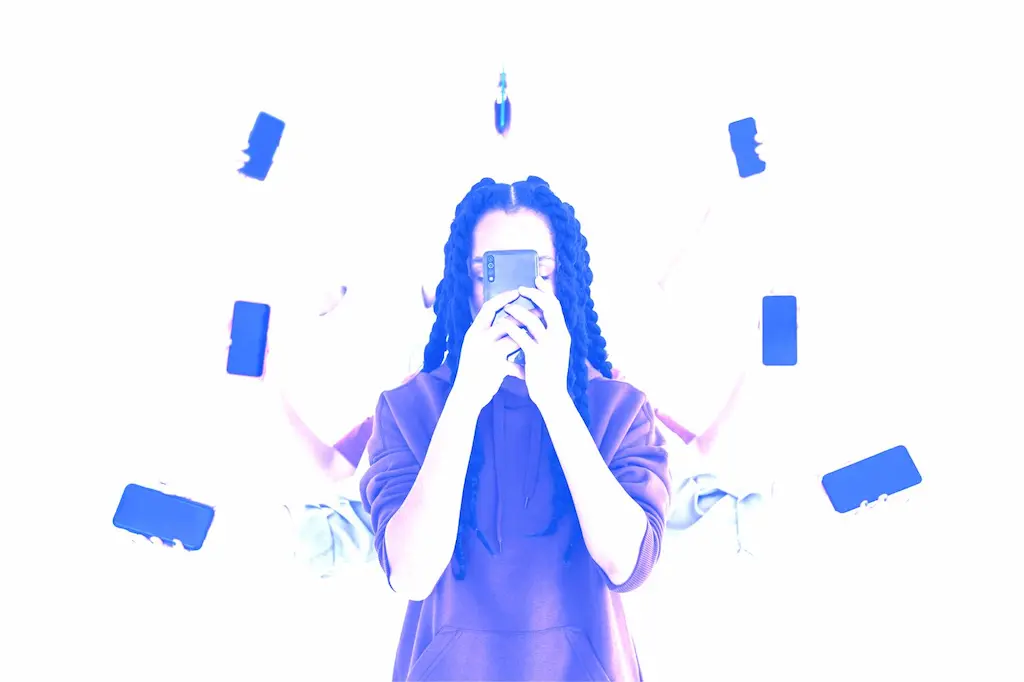As Artificial Intelligence (AI) continues to permeate the workplace, its impact on Diversity, Equity, and Inclusion (DEI) initiatives generates intense debate. On one hand, AI promises to remove human biases, create equitable systems, and foster diverse work environments. On the other hand, it has the potential to entrench existing inequalities, amplify biases, and undermine inclusion efforts. So, is AI a force for good, or does it pose a severe threat to DEI? The answer isn’t clear-cut.
AI Might be a Superior-hero
AI can revolutionize workplace Diversity, Equity, and Inclusion (DEI). In recruitment, AI can eliminate unconscious bias by objectively analyzing job applications based on skills and qualifications, ensuring underrepresented candidates are fairly considered. Beyond hiring, AI can track promotion rates, salary disparities, and feedback to identify inequality patterns, providing real-time insights that help organizations meet DEI goals. AI-driven tools can also evaluate internal communication for bias, promoting fairness in performance reviews and career advancement.
However, AI’s promise of eliminating bias comes with risks. AI systems are often trained on biased historical data, which may unintentionally reinforce existing inequalities. The lack of transparency in AI decision-making, often called a “black box,” can make identifying and addressing these biases difficult. Moreover, AI tools can adopt a one-size-fits-all approach, failing to account for cultural nuances and diverse individual needs, further marginalizing certain groups. Thus, while AI can be a powerful force for fairness, it must be carefully managed to avoid perpetuating the very biases it seeks to eliminate.
Where Does AI Stand?
As AI becomes a more prominent player in the workplace, its role in DEI remains a double-edged sword. While AI holds the potential to act as a superhero by eliminating bias and improving workplace equity, its risks—especially when not carefully managed—can turn it into a supervillain, reinforcing existing inequalities.
AI’s impact on DEI may hinge on how thoughtfully it is developed, implemented, and monitored. Will AI be the key to a more equitable workplace, or will it perpetuate the biases we aim to eliminate? Businesses and leaders will need to answer that question, and the future of DEI could depend on it.




